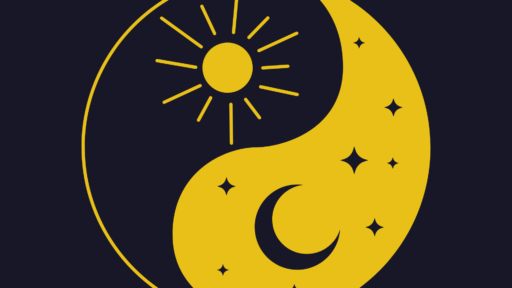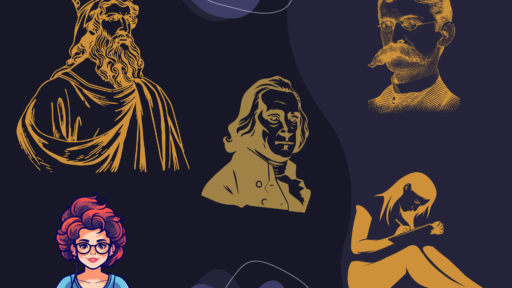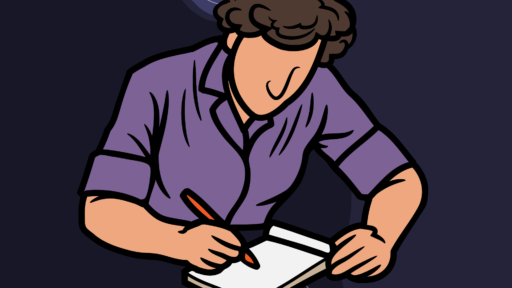Book Porn
Mostly I read on mobile. And I take screenshots of the best parts of the book. I go through them afterwards in my gallery. It’s easier that way, I guess, cos then I have interspersed between the screenshots of Hemingway’s The Sun Also Rises and Kerouac’s On the Road, some Kyrie Irving videos, old photos of my friends, and some hot model’s NSFW pictures I got from Instagram. It makes for a very delirious reading, true, but it has worked countless times in the past as a means to get me to open the main texts.
It did not fail again this time.
After I read a couple screenshots from Toni Morrison’s Beloved, I moved on to a Stephen Curry and Kyrie Irving Who-Has-the-Best-Handle video, and then finally I stumbled upon what I want to write about here — a passage from John Milton’s evergreen poem, Paradise Lost, which is only appropriate, when you think about it.
first, An Essay
Paradise Lost is a long ass book. I only started its reading after coming in contact with an essay by Matthew Arnold titled The Study of Poetry. Here Arnold came to a conclusion that, subsequently, I’ve made mine — that Homer, Shakespeare, Dante, and Milton are the greatest poets to have ever written. Its hard to argue with Arnold’s conclusions, really, he knew what he was writing about.
I mixed it up.
What made me read Milton was not Arnold’s essay per se, although it did play its part. What made me read Paradise Lost was another essay, by Walter Bagehot, titled John Milton.
Many people don’t know who Bagehot is now. I didn’t either, before the essay — which was in the same collection with Arnold’s mentioned earlier. Bagehot’s criticism of Milton is the best essay in that collection. And that is no easy feat considering the fact that in this collection also lies Edgar Allan Poe’s The Poetic Principle, Thackeray’s Jonathan Swift, Cardinal Newman’s The Idea of a University, and much more of such quality. So I wondered why someone who wrote such a brilliant piece could have fallen into such obscurity. The answer? One word:
Obscurity
That word, it turns out, not only describes Bagehot’s present reputation, but also his writing style. Bagehot was brilliant, though. One of the most brilliant men I’ve read. Of course his prose style was difficult. Could he have done better to dumb it down a bit? Sure. But what would be the point in that? He would only be stimulating simplicity —which is one of the worst forms of affectation.
So, yes, Walter Bagehot the obscure wrote a kickass critique of Milton that made me run over and read as much of his book as I could. In critiquing Milton, Bagehot was not as reverential as most of Milton’s critique — Thackeray included. But it is Bagehot’s irreverence, the standard to which he held Milton, that showed just clearly how much reverence he had for the man. Even when he said Milton was not as good a poet as Shakespeare, he said it in such a way that showed just how much he wished he was. In Arnold’s essay mentioned earlier, he simply listed Milton as one of the four greatest poets, he did not weigh any of them against each other. And yet it is in Bagehot’s criticism, more than in Arnold’s, that we get the most glimpse of Milton’s importance.
Bagehot said, rightly, that Milton sucked at humor. He did. But so did a lot of great writers. Bagehot’s argument, though, is that not only are English writers known, and acclaimed, for their humor, but the best of them, Shakespeare included, mastered the best way to apply this humor. Milton didn’t. Shakespeare, according to Bagehot, could do this because he understood not only the complexities of human nature, but the basic nuances of the common man. Milton didn’t.
It may seem an odd theory, and yet we believe it to be a true principle, that catastrophes require a comic element.
— Walter Bagehot, John Milton
Why So Serious?
It is known that Milton’s greatest strength is his ability to render extraordinary events in a way no other person can. Paradise lost is a poem about the fall of Adam and Eve. It is nothing short of breathtaking, what Milton managed to achieve here. But I won’t talk about it here. I’m not done with Bagehot trolling Milton about his lack of humor.
In Samson Agonistes Another of Milton’s awesome poems, where he wrote about Samson’s tragic death and how he took the Philistines with him, Bagehot claims, we should have seen a little bit more humor. It is grave and fine, he said, but Shakespeare would have done it better. He said Shakespeare would have shown the citizens jesting, making fun, picking their noses. But Milton did not do this. No, what Milton did was show the awesomeness of Samson’s might in the most tragic way possible; employing images that’ll rip your heart out and make you wish you were Samson dying such a beautiful yet tragic death.
I disagree with Bagehot when he said Agonistes should have been more humorous. No it shouldn’t. It is this utter tragedy that makes it live forever in my heart. Samson killed the bloody philistines in one night— more than he had ever done in his entire life — and took his own life in this process. Who cares if some bloody old men are picking their noses!
But maybe Bagehot was right and I’m — not wrong — weird. Maybe the reason Hamlet and Romeo and Juliet have more prestige than any of Milton’s works is because even in their seriousness people are able to have a few laughs or two. But of course it should not be forgotten that Shakespeare was as much a playwright as a poet. Milton wasn’t writing for show. He was a brilliant blind man. What do you expect, Bagehot?
But yeah, in the end I do agree Milton could have loosened up a little. It would have been more awesome that way. Doesn’t it just fill your heart with the purest joy in and for human nature when you see someone who evil has befallen take it in the most light-hearted manner? Of course. So maybe he could have been funnier, good old Milton; not in Samson Agonistes, definitely, but in his other works. Paradise Lost itself could have sure used some jesting between the fallen Angels. Or would that have taken away from that graveness? I’ll get there in the next post, where I will NOT be reviewing anything. But talking about how reading that book has helped /may help in regaining my lost artistic inspiration.
I’m sure you can’t wait, darkness my old friend.




